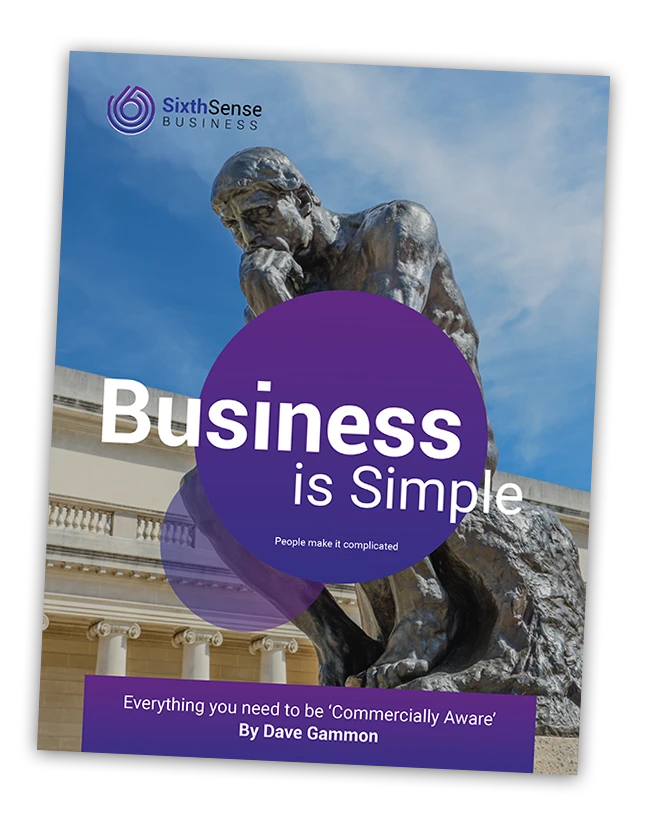How do you assess whether something is a good investment or not, particularly when it is in the realm of personal performance? Well, when it comes down to assessing the value of things, we all think differently.
Every day we make all manner of investment decisions about how we spend our time and money, and we all have a unique blend of thinking that shape the criteria and weightings we use to get to a YES or NO.
A good commercial decision fully considers whether:
- the risk of it not working and the upside if it does are acceptable.
- it is the best value way of reaching the outcome.
- it will make more money or save more time for the company when it is done.
- the timing is right relative to other priorities.
If it passes these hurdles, it’s a good idea, and you press the go button, right?
If only! The reality is there is a whole range of other personal and social forces that come into the mix in investment decisions. These are really about our own head junk; what if I can’t do it or end up looking stupid because it didn’t work?
It is often said that purchasing decisions are made with a mix of 80% emotional and 20% rational criteria. This an over-simplification, albeit a useful one. Emotion and data are two sides of the same coin in the world of the Leveraged Leader. They are signals to be considered and understood in any decision.
The work I do with Business Leaders is unlike any other approach you’ll come across. This makes direct comparison with alternatives challenging.
Investing in help growing your business is worthwhile if you have a need.
When you look at yourself and the people you charge with Leadership, do you see an opportunity to achieve better results and have a more enjoyable experience of running the company?
It can often feel like the company is just a few degrees of movement away from something better and more significant. However, the success of any company is a function of the commitment, drive, and capability of its Leaders.
It is their collective ability to take ownership, understand and react to what is going on, make well-rounded commercial decisions, and ensure those choices are actioned through the team that is the difference between mediocre, good, or excellent results. It is also how they show up that dictates whether the experience of working in, and running the company, is a fun and exciting one, or a tedious, never-ending chore for all involved.
You must want change.
You need to want to improve, be motivated to change and willing to engage in the enquiry and experimentation that change at this level demands. It’s not that you need to learn new skills, tactics, and strategies. It is about peeling away the layers of horse shit that stop you from showing up as the very best version of yourself.
